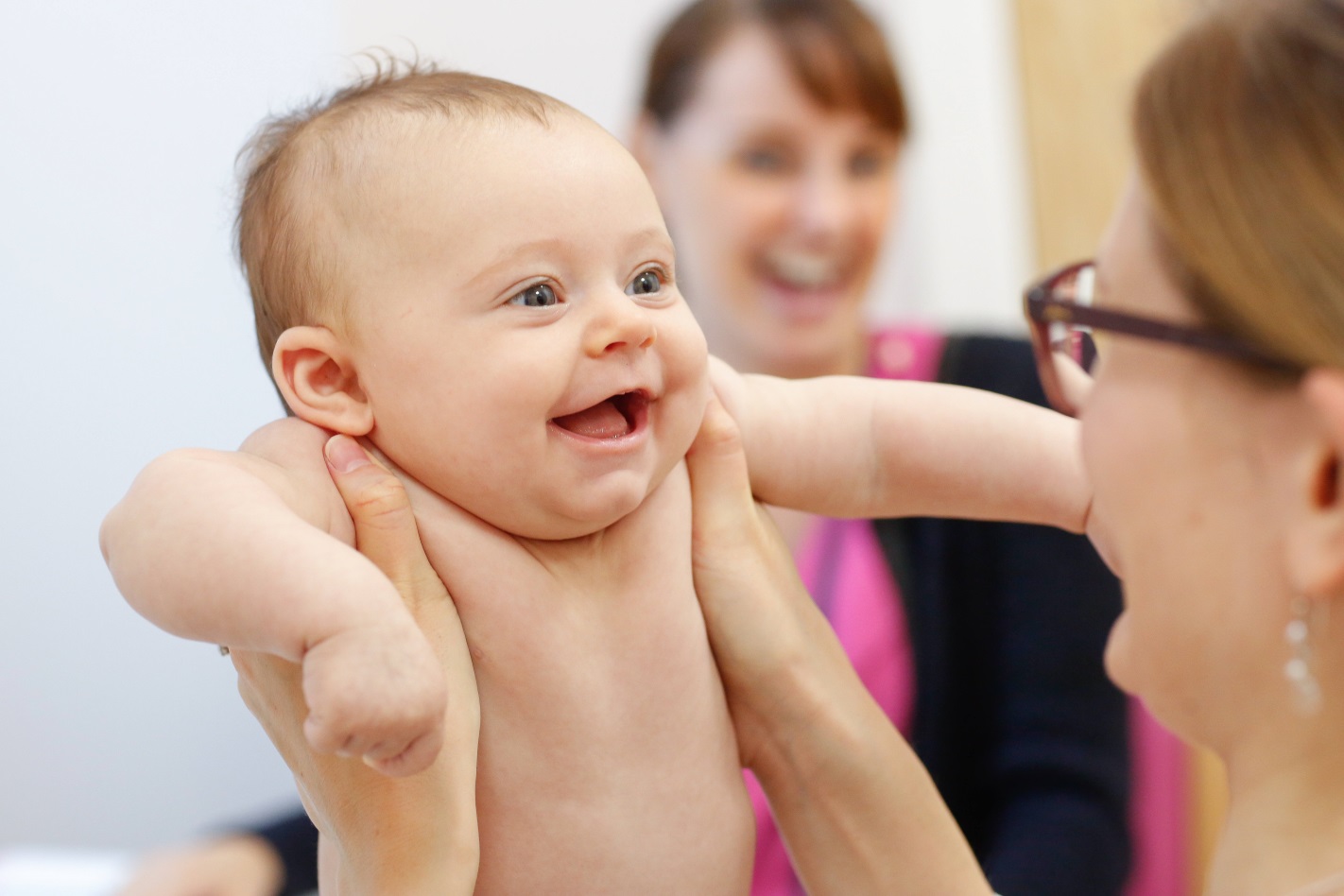Following the announcement that NHS England will invest an extra billion pounds a year to tackle mental illness, the Institute of Health Visiting (iHV) is urging the government to specifically invest more into the first two years of life – arguing that this would reduce later expenditure on mental illness and its consequences.
The Mental Health Taskforce report, published on 15 February, reported that one in four people will experience a mental health problem in their lifetime and the cost of mental ill-health to the economy, NHS and society is £105 billion a year.
A strong research base demonstrates that the foundation for later emotional wellbeing starts when babies are still in the womb, and is established in the early months of life. Positive infant mental health (IMH) lays the foundation for mental wellbeing in a baby’s early years and ensures better social and emotional health in later life.
Dr Cheryll Adams, Executive Director of the Institute of Health Visiting, said: “Recent iHV surveys into infant mental health show that over eighty per cent of health visitors use their antenatal visit to talk to parents about infant mental health. However, post-birth, they do not have sufficient contact with mothers in order to give adequate ongoing support. Over 50% of health visitors believe that the mothers they visit should be talking to their babies more, as this helps develop the babies sense of security and belonging – an early sign of mental health.
“Helping parents to understand how to interact with their babies, from day one, helps all children to have the best start in life and, in many cases, helps to prevent later mental health issues from developing. New local authority commissioners must ensure that all health visitors have the training, capacity and support to provide sufficient advice to all new parents.”



